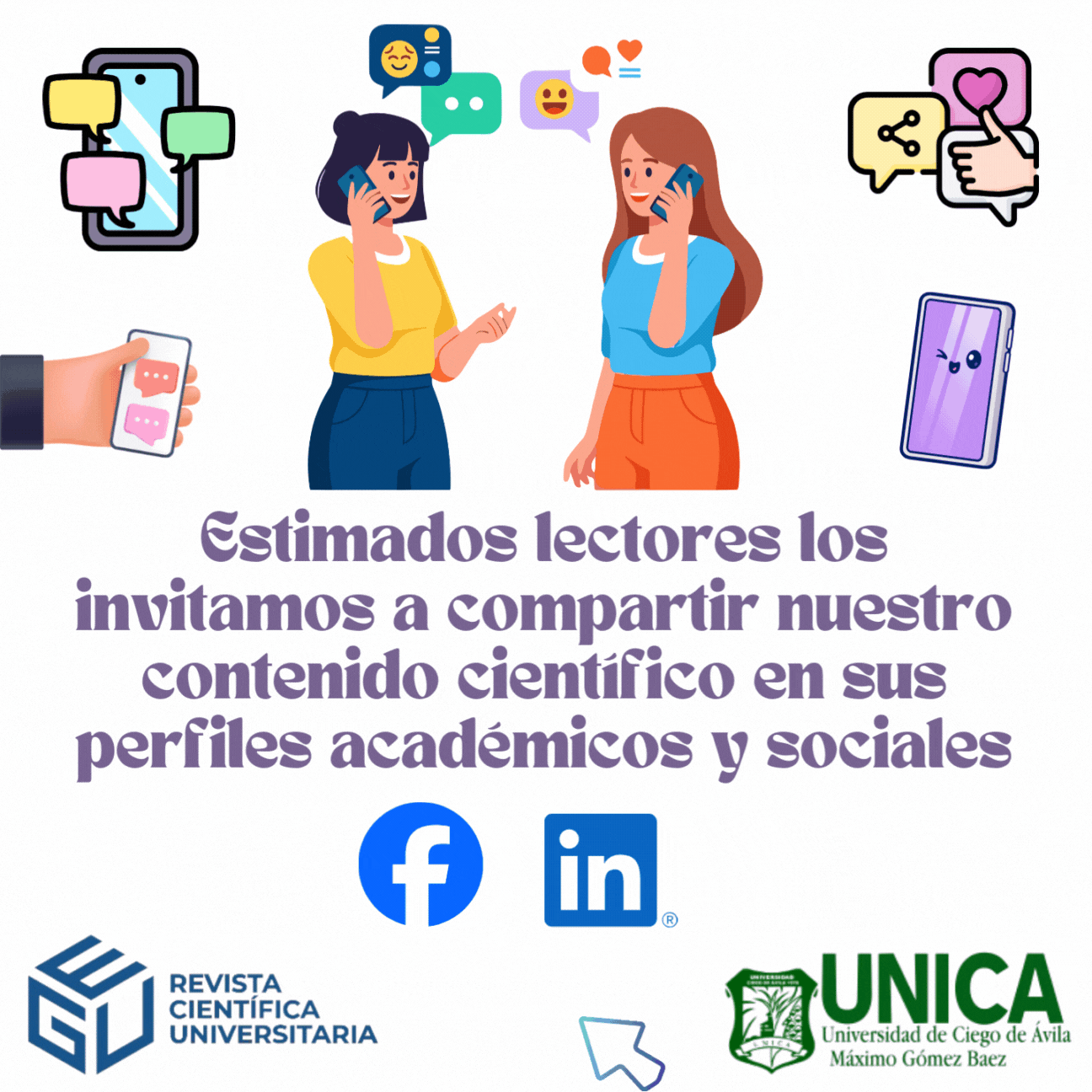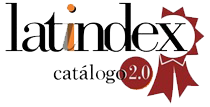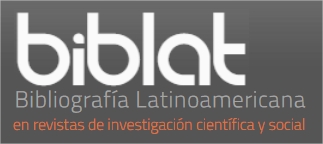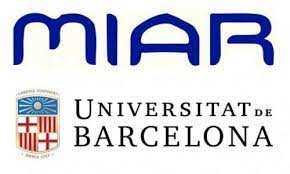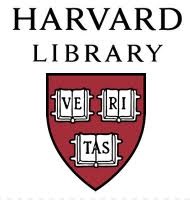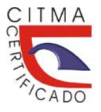New Practices in Higher Education: Three Case Studies at Corporación Universitaria Minuto de Dios – UNIMINUTO
DOI:
https://doi.org/10.5281/zenodo.15361268Keywords:
education, expanded education, invisible education, teaching-learning, educational practicesAbstract
Introduction: the issues and transformations faced by formal education allow us to examine and redefine the meaning of "teaching" and "learning," and to include the concept of expanded education in classroom didactics. Objective: to highlight the existing gap between expanded education and traditional teaching methods. Method: a historical-hermeneutic perspective was applied, employing case studies and participant observation, as well as information collection tools (expert interviews, documentary review, and audiovisual analysis of experiences). Three cases from the Minuto de Dios University Corporation – UNIMINUTO were selected, where expanded education is recognized as a transformative pedagogical practice in higher education. Results: indicate that one of the key factors in teaching processes is acknowledging the space and manner of education, in order to perceive the individual and group pedagogical environment, and to reflect on how learners think, learn, and identify with their surroundings. Conclusion: expanded education is a key tool for legitimizing learning as a dynamic and collaborative process, capable of adapting to the current needs of an evolving society.
Downloads
References
Advisory, A. (2021). La mediación cultural en tiempos de pandemia. http://zemos98.org/2021/03/17/advisory-assembly-2021-la-mediacion-cultural-en-tiempos-de-pandemia/
Albornoz, F. (2021). Performatividad: una propuesta de estabilización conceptual desde el pensamiento latinoamericano contemporáneo. Cuadernos del CILHA 22(2), 147-177. https://dx.doi.org/10.48162/rev.34.029
Amador, J, y Muñoz, G. (2018). Comunicación-Educación en Abya Yala: lo popular en la reconfiguración del campo. Nómadas 49, 47-67. https://dx.doi.org/ https://dx.doi.org/10.30578/nomadas.n49a3
Barrera, D., Tello, R., Ramos, F. y Pérez, A. (2024). Acompañamiento a la promoción de proyectos de vida de jóvenes seropositivos. Un estudio cualitativo complejo. Región Científica, 3(1), 2024248. https://doi.org/10.58763/rc2024248
Burbules, N. C. (2012). El aprendizaje ubicuo y el futuro de la enseñanza. Encounters/Encuentros/Rencontres on Education 13, 3-14. https://trayectos.infd.edu.ar/archivos/repositorio/1250/1379/Burbules_El_aprendizaje_ubicuo_y_el_futuro_de_la_ensen_anza.pdf
Cardeño Portela, N., Cardeño Portela, E. J., & Bonilla Blanchar, E. (2023). TIC y transformación académica en las universidades. Región Científica, 2(2), 202370. https://doi.org/10.58763/rc202370
Cobo Romaní, C. y Moravec, J. W. (2011). Aprendizaje invisible. Hacia una nueva ecología de la educación. Edicions de la Universitat de Barcelona. https://studylib.es/doc/9201103/cobo--c.--y-moravec--j.--2011-.-aprendizajes-invisibles.-...#google_vignette
Essomba, M. À., Lleonart, P., Alfonso, L., & Bin, H. (2022). Education for sustainable development in educating Cities: towards a transformative approach from informal and non-formal education. Sustainability, 14(7), 4005. https://doi.org/10.3390/su14074005
Gómez Cano, C. A., Sánchez Castillo, V., & Pérez Gamboa, A. J. (2024). Formación integral y configuración de proyectos de vida: consideraciones para la adecuada atención psicopedagógica de estudiantes en la educación superior. Miradas, 19(2), 25–47. https://doi.org/10.22517/25393812.25683
Habermas, J. y Rawls, J. (1988). Debate sobre el liberalismo político. Paidós. https://redmovimientos.mx/wp-content/uploads/2020/07/Debate-sobre-el-liberalismo-pol%C3%ADtico.pdf
Hernández-Domínguez, I., Caballero-Velázquez, E. y Hernández-González, Y. (2022). Los medios de enseñanza y las tecnologías: objetos de aprendizaje de lengua española. Luz 21(4), 95-109. http://scielo.sld.cu/scielo.php?script=sci_arttext&pid=S2077-28742024000100019
Herrera Pérez, J. C., y Ochoa Londoño, E. D. (2022). Análisis de la relación entre educación y tecnología. Cultura Educación y Sociedad, 13(2), 49-68. https://doi.org/10.17981/cultedusoc.13.2.2022.03
Jackson, L. (2023). Rethinking education for the new normal: Formal versus informal and nonformal education and lifelong learning. In International Handbook on Education Development in the Asia-Pacific (pp. 101-117). Singapore: Springer Nature Singapore. https://doi.org/10.1007/978-981-19-6887-7_6
Kalenda, J., & Kočvarová, I. (2022). Participation in non-formal education in risk society. International Journal of Lifelong Education, 41(2), 146-167. https://doi.org/10.1080/02601370.2020.1808102
Kaplún, M. (1983). La Comunicación Popular ¿Alternativa válida? Chasqui. Revista Latinoamericana de Comunicación, 0(7), 40-43. https://doi.org/10.16921/chasqui.v0i7.1736
López González, Y. Y. (2023). Aptitud digital del profesorado frente a las competencias TIC en el siglo XXI: una evaluación de su desarrollo. Región Científica, 2(2), 2023119. https://doi.org/10.58763/rc2023119
Martín-Barbero, J. (1989). Identity, communication and modernity in Latin America. https://doi.org/10.26439/contratexto1989.n004.1915
Martín-Barbero, J. (2006). Jóvenes: comunicación e identidad. Pensar Iberoamérica 10. https://red.pucp.edu.pe/wp-content/uploads/biblioteca/081011.pdf
Miranda, V. M. (2022). Estrategia de una nueva pedagogía en la Educación Superior. La educación expandida en la Educación Superior. Human Review 11(5). https://doi.org/10.37467/revhuman.v11.3869
Montes de Oca Rojas, Y., Barros Bastidas, C. y Castillo Cabeza, S. (2022). Metodología de investigación en emprendimiento: Una estrategia para la producción científica de docentes universitarios. Revista de Ciencias Sociales (Ve) XXVIII (2), 381-390. https://produccioncientificaluz.org/index.php/rcs/article/view/37945/41872
Ossa Taborda, E., y Barón Velandia, B. (2024). Challenges in Making Inclusive and Comprehensive Public Policy on Ethno-educational Processes. Telos. Revista de Estudios Interdisciplinarios en Ciencias Sociales, 26(3), 993-1005. https://ojs.urbe.edu/index.php/telos/article/view/3287
Plaza Zuniga, J., & Campuzano, C. (2022). Thought, Law of Origin and town construction in the Kogui and Kankuamo peoples of the Sierra Nevada de Santa Marta, Colombia. ANTHROPOS, 117(1), 177-186.
Red de Comunicaciones Popular. (30 de octubre de 2020). Diseños muiscas. Educación en Ubumux [Archivo de video]. YouTube. https://www.youtube.com/watch?v=TJ1X0I4YdYg
Rodríguez Pérez, J. A., Guerrero Godoy, R. S., Varon Arciniegas, V., & Baron Velandia, B. (2021). Transformaciones de las prácticas pedagógicas de los profesionales no licenciados. Revista Educare- UPEL-IPB - Segunda Nueva Etapa 2.0, 25(1), 174–200. https://doi.org/10.46498/reduipb.v25i1.1458
Sánchez Castillo, V., Pérez Gamboa, A. J., & Gómez Cano, C. A. (2024). Trends and evolution of Scientometric and Bibliometric research in the SCOPUS database. Bibliotecas. Anales de Investigacion, 20(1), 1-22. https://dialnet.unirioja.es/servlet/articulo?codigo=9740327
Simac, J., Marcus, R., & Harper, C. (2021). Does non-formal education have lasting effects? Compare: A Journal of Comparative and International Education, 51(5), 706-724. https://doi.org/10.1080/03057925.2019.1669011
Souto‐Otero, M. (2021). Validation of non‐formal and informal learning in formal education: Covert and overt. European Journal of Education, 56(3), 365-379. https://doi.org/10.1111/ejed.12464
Uribe Zapata, A. (2019). Educación expandida en clave formal y no formal: una revisión de la literatura académica. Boletín REDIPE, 8(9), 128-144. https://revista.redipe.org/index.php/1/article/view/817
Velásquez Aponte, D.. (2022). De los aprendizajes invisibles a los recursos impalpables. Actualidades Pedagógicas, (78), https://doi.org/10.19052/ap.vol1.iss78.1
Walsh, M. (2010). Multimodal Literacy: What Does It Mean for Classroom Practice? Australian Journal of Language and Literacy, 33, 211-239. https://doi.org/10.1007/BF03651836
Zemos98. (2012). Educación Expandida Edición 11. Zemos98.org. https://www.zemos98.org/eduex/spip.php?article171
Žižek, S. (2014). Acontecimiento. Sexto Piso. http://scielo.org.co/pdf/unph/v32n65/v32n65a17.pdf
Downloads
Published
How to Cite
Issue
Section
License
Copyright (c) 2025 Estrategia y Gestión Universitaria

This work is licensed under a Creative Commons Attribution-NonCommercial-ShareAlike 4.0 International License.



